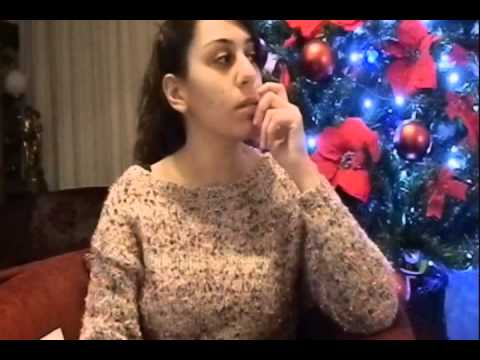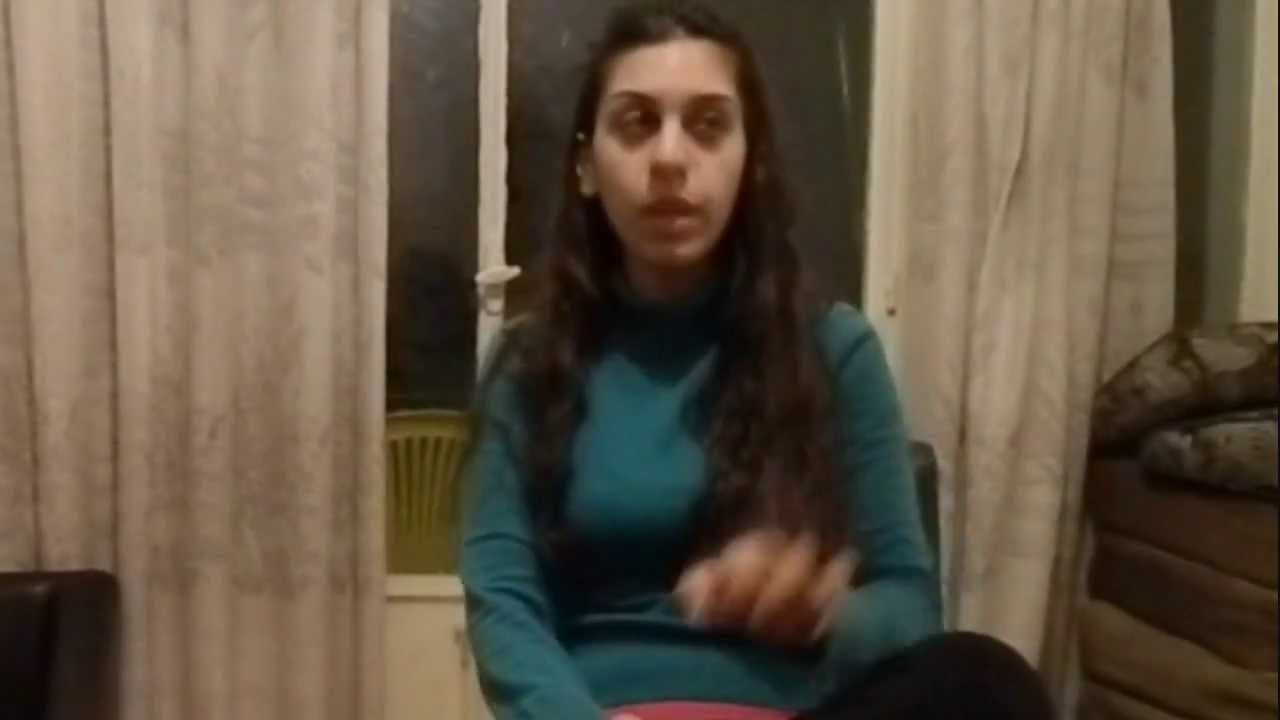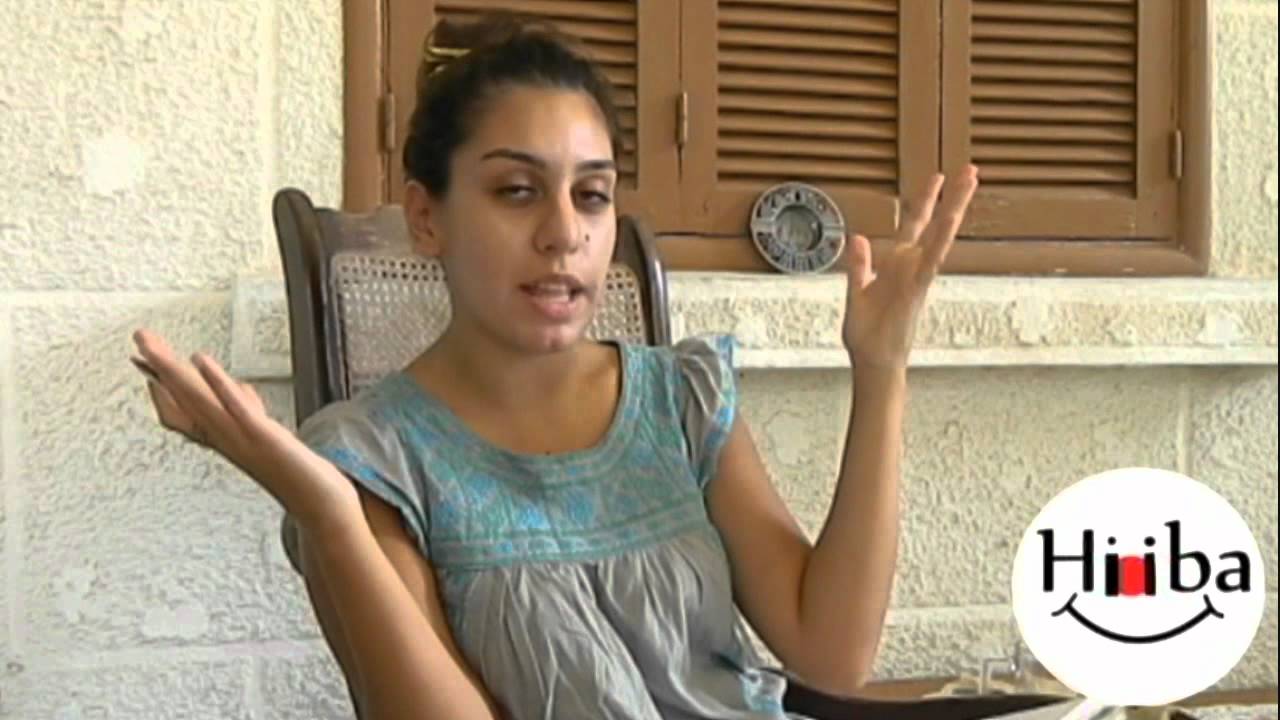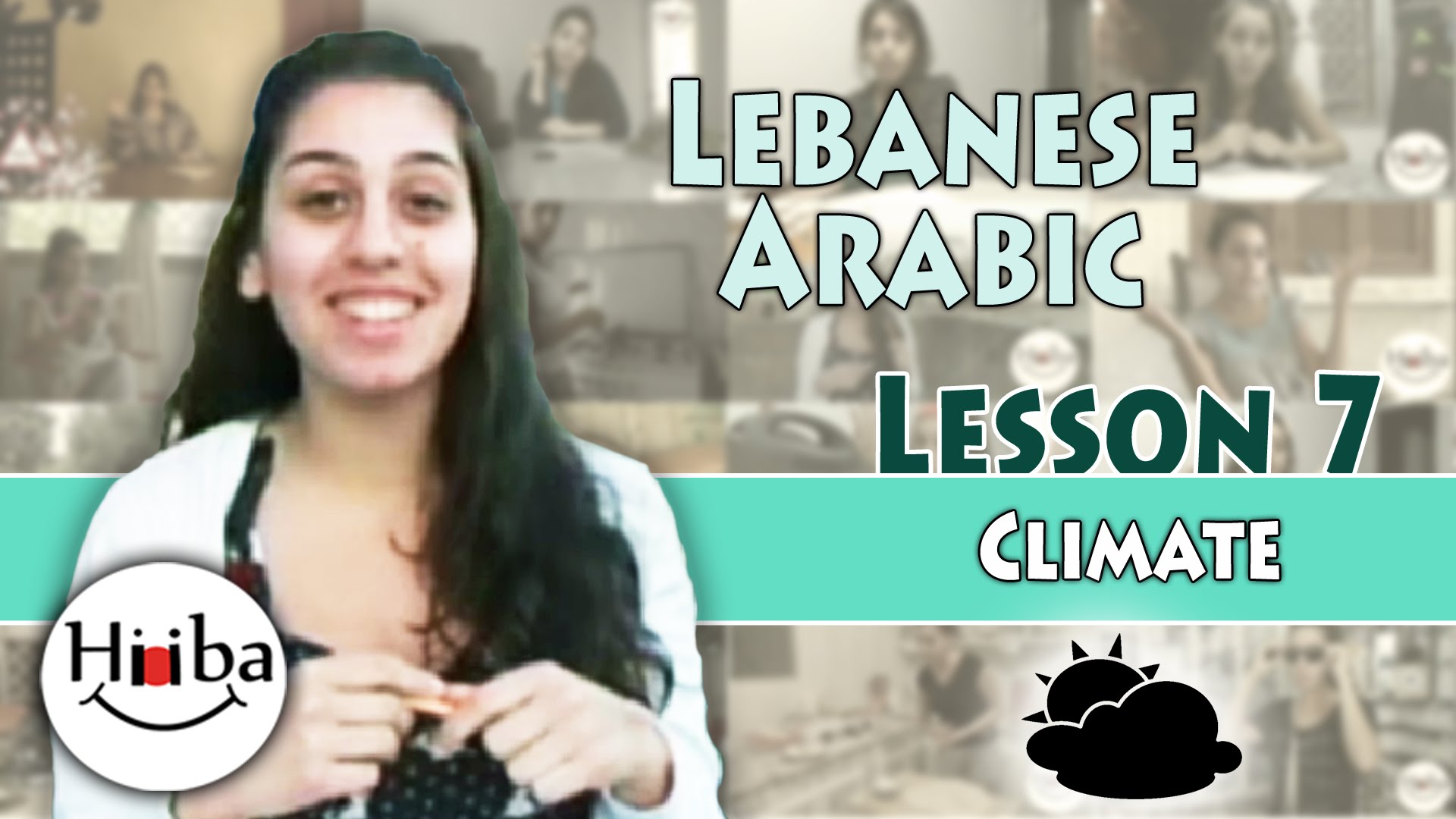Welcome to our guide on learning how to say “thank you” in Lebanese Arabic! Whether you’re planning a trip to Lebanon, or simply interested in learning more about the Arabic language, being able to express gratitude in the local dialect is an essential skill to have. In this post, we will be sharing with you not only the various ways to say “thank you” in Lebanese, but also other polite phrases such as “please” and “you’re welcome.” You will also find a video and a transcript of the lesson, as well as a list of words and sentences used in the lesson. We hope that this guide will be helpful for you in your journey to learn Lebanese Arabic, and that you will be able to use these phrases with confidence while in Lebanon and among Lebanese speakers. So let’s get started and learn how to say “thank you” in Lebanese, and many other useful phrases.
Transcript
sabaH el kheir!
A new video and my mom will be proud of this video because it’s all about formalities: How to say thank you in Lebanese in many ways, and how to say sorry in many ways which “tante” and “3ammo” (old people) will be happy to hear.
Saying “Please” in Lebanese
Traditional Way
Please (traditional way): 3mol ma3rouf (for a man), 3meleh ma3rouf (for a woman). ma3rouf means a favor. 3mol means do. so do a favor, like “please”.
Commonly Used
The second one and it’s very used, especially for students that study Arabic abroad: mn fadlak (for a man) or mn fadlik (for a woman). Fadel means also kind of a favor. So mn fadlak/mn fadlik: please.
Casual
A funny one: ma tosghar for a man, ma tosghareh for a woman. And tosghar means getting smaller, so please also means ma tosghar.
Saying “Excuse Me” in Lebanese
Formal
Excuse me: 3afwan or afwan
Excuse me, miss I didn’t understand 3afwan, miss I didn’t understand
Casual
another one: b3azbak or b3azbik can I please ask you for this? b3azbak?
So b3azbak means in a way to torture you or ask you a favor. So b3azbak, I’m asking you a favor. and it is not excuse me, it’s please so b3azbak and b3azbik it’s for please, not for excuse me
excuse me: law sama7et, law sama7teh. and sama7et means I permit so: if you permit, can you get me this book? law sama7et/law sama7teh, can you get me this book?
and now another one for excuse me. Now this is casual: bi sharafak, bi sharafik. sharaf means something like pride… bi sharafak, bi sharafik
Is it ok?
“ma3leh? (Is it ok?) ma3leh iza…? (Is it ok if?) ma3leh iza beshrab may? (Is it ok if I wash my hands?) ma3leh iza bekoul? (Is it ok if I eat?) is it ok if? : ma3leh iza?”
Do you have a problem?
“3endak meshkleh? or 3endik meshkleh? (Do you have a problem?) 3endalk meshkleh/3endik meshkleh if I go and swim?”
No problem
“mesh meshkleh or mesh mashkal (No problem)”
It doesn’t matter
“ma bi 2assir (It doesn’t matter)”
You’re welcome
“tekram 3aynak, tekram 3aynik (You’re welcome) It means: yes, of course, you are welcome to use it.
Another one for welcome
“ahla or ahla w sahla (Another one for welcome) Another one for welcome: ya 3ayb el shoum, which means, oh don’t say “thank you”. You’re welcome: ya 3ayb el shoum which could also mean: if someone makes something bad, especially kids “ya 3ayb el shoum”: it’s not appropriate”
Excuse me or Sorry to Bother
“ma twekhezneh or ma twekhzineh (Excuse me or Sorry to Bother) another one is mn ba3ed eznak, mn ba3ed eznik which literally means after your permission”
Don’t mention it
“mesh baynetna (Don’t mention it) Example: what! you’re saying “thank you” to me? You’re like my sister! mesh baynetna. mesh baynetna if you borrow my top. Another one for don’t mention it: walaw! la 3younak/3younik Example: -Oh! did you get me this? thank you I love it! -la 3younak/3younik”
Yes, I will do it
“bi amrak/amrik (Yes, I will do it) amer means command or demand. A strict demand.”
Thank you in Lebanese
“yeslamo (Thank you in Lebanese) we also say, like when someone prepares food for you and want to thank them and you feel very special, you say yeslamo hal ‘idein so if my mother cooks something for me, or my I-don’t-know-who, and I like it: yeslamo hal ‘idein shou taybeen! yeslamo hal ‘idein, how delicious they are!
If someone recently gets a baby
you will say: ykhallilak/ykhallilik yeh if the child is a boy. If it’s a girl you will say ykhallilak/ykhallilik yeha
I think I will stop because I did a lot
there’s a lot lot more of those sentences in the Lebanese Arabic Phrasebook Vol. 2
and thank you, yeslamo, ykhallileh yekoun, betshakkarkoun, bi amerkoun! ok lots of expressions! see you!
List of Words From This Lesson
Here are all of the words and sentences taught in this lesson, as well as some essential words that I hadn’t mentioned in the video and which fit right into this topic
| English | Lebanese |
|---|---|
| Thank you | shukran شكرًا |
| Thank you | yeslamo يسلموا |
| Please | 3mol/3meleh ma3rouf عمول/ عميلي معروف |
| Please | bi sharafak/bi sharafik ِبشَرَفَك/ ِبشَرَفِك |
| Please | mn fadlak/fadlik من فضلك |
| Please | ma tosghar/tosghareh ما تصغر/ي |
| Excuse me | 3afwan عفوًا |
| Excuse me/Please | b3azbak/b3azbik بعزبك (بعذبك) |
| Excuse me/Please | law sama7et/sama7teh لو سمحت/ي |
| You’re welcome | tekram 3aynak/3aynik تكرم عينك |
| You’re welcome | tekram/ tekrameh تكرم/ي |
| You’re welcome | ahla اهلا |
| You’re welcome | ahla w sahla اهلا وسهلا |
| You’re welcome | ya 3eib el shoum يا عيب الشوم |
| You’re welcome | la 3younak/ 3younik لعيونك |
| Is it ok? | ma3leh? معلي؟ |
| Do you have a problem? | 3endak meshkleh? or 3endik عندك مشكلة؟ |
| No problem | mesh meshkleh / mesh mashkal مش مشكلة/مشكل |
| It doesn’t matter | ma bi 2assir ما بأسّر (بأثّر) |
| Don’t mention it | mesh baynetna مش بيناتنا |
| Don’t mention it | walaw! la 3younak/3younik ولو! لعيونك |
| Your wish is my command | bi amrak/amrik بأمرك |





how to say ” how are we going to fix this” in lebanese dilect.